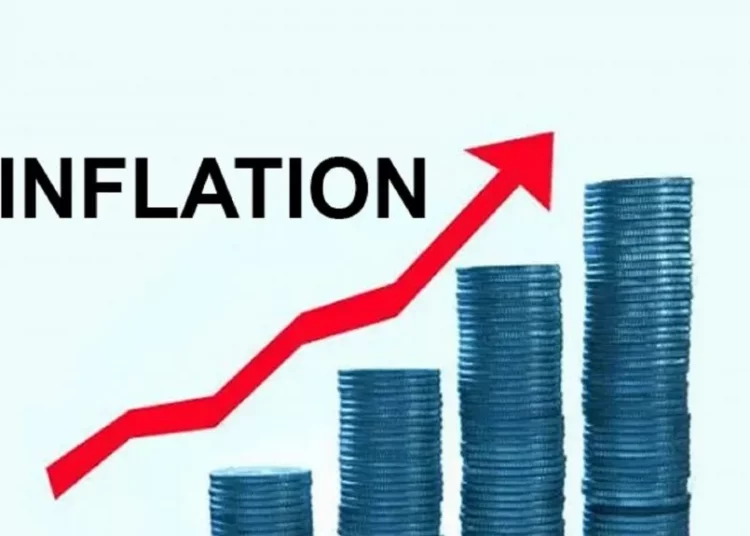The Manufacturers Association of Nigeria (MAN) has said maintaining the current interest rate is not sufficient to address the inflationary pressure and to reposition the economy on the path of growth.
This is as the Association said it was necessary to consider a rate cut to reduce the cost of borrowing and attract investment in the real sector.
Director-general of the Manufacturers Association of Nigeria (MAN), Segun Ajayi-Kadir said that given the persistent uncertainty in the policy environment and underlying price pressures, the committee decided to maintain its current stance until risks to inflation recede sufficiently.
“Therefore, the MPR rate was maintained at 27.50 per cent, asymmetric corridor around the MPR at +500/-100 basis points, the Cash Reserve Ratio for Deposit Money Banks at 50 per cent and 16 per cent for Merchant Banks and the liquidity Ratio at 30 per cent,” he said.
He noted, “the MPC decision reveals that the contractionary monetary stance is still maintained.
The persistent increase in the rate over the years has impacted the sector negatively.
“MAN expects to have a rate cut that is supported by a robust fiscal policy framework capable of facilitating improved access to long-term loans, enhanced productivity and sustained economic growth.
“The same 27.50 percent MPR rate adopted months ago surged the cost of borrowing, as the average lending rate to manufacturers stood at more than 35 per cent as at January 2025.”
Ajayi-Kadir pointed out that the rate also had trickle down effects on production cost, impacting prices of finished products, capacity utilisation, inventory of unsold goods and competitiveness negatively.
“In 2024 alone, capacity utilisation stood at 57 per cent, inventory of unsold goods rose to N2,140 billion from N1,141.33 billion recorded in 2023. These impact points combined to create uncertainty, disrupt production and investment plans,” he noted.
Ajayi-Kadir acknowledged the efforts of the Monetary Policy Committee to stabilise the monetary parameters with the view to addressing inflationary pressure, saying that “maintaining the current rate is not sufficient to address the inflationary pressure and to reposition the economy on the path of growth. It is necessary to consider a rate cut to reduce the cost of borrowing and attract investment in the real sector.”
He added that the government must consider the need to support the development of the real sector of the economy, especially the manufacturing and Agricultural sectors, to aid the effectiveness of stabilisation policy.
The Association recommended that CBN consider a reduction in interest rates to reduce inflation and synergies with the fiscal authority to provide supportive measures that will reposition the manufacturing sector.
Ajayi-Kadir called for commencement of implementation of Nigeria First Policy to boost local patronage and provide incentives for investment in backward integration and local sourcing of raw materials, saying that this will reduce the pressure on the dollar to the barest minimum.
He also called for intensifying the ongoing efforts at tackling insecurity in farming communities to boost agricultural production and transport logistics, thereby reducing food inflation, calling for measures that will improve the redistribution of income, increase the welfare of the citizens and performance of the economy.





